The healthcare industry – particularly the over-the-counter skin care sector – is full of deceptive, fraudulent and bogus claims. What's at stake? An estimated $400-billion dollar global skin care industry that takes advantage of the universal fear: getting old.
It's a perfect storm: Profits to be made by skincare manufacturers and “skin care experts”, a combination of a celebrity-obsessed culture with celebrity endorsed media, and an aging population that deeply wants to believe the advertising claims promising everlasting youth (beware of the Sephora scam). Let's explain.
Scam Detectors Most Trusted Websites in Online Security
- Guard.io (100): Surf the web safely. Clean up your browser, remove maliscious extensions and check for privacy violations.
- Incogni.com (100): Delete your personal data from the internet and protect against scams and identity theft.
- ExpressVPN (100) Stay secure and anonymous online - Best VPN Out There
Skin Care Scams: Ranging From the Best Eye Cream for Wrinkles to the Best Skin Care Products Reviews
Feeding people's insecurities, the skin care niche produces millions of fraudulent ads that are hiding behind legislative loopholes and fine print. Anti-aging claims and promises to remove wrinkles are common denominators in marketing campaigns of thousands of products. Looking youthful is a widespread wish.
The majority of skin care products that are marketed as “anti-aging” creams and “anti-wrinkle” creams are formulated as moisturizers. Many of these products sell for $30, $40, $50, $80/oz. up to $3,000 per pound! Can you think of a single perishable that you would even consider spending $3,000 per pound on? Of course not.
Let's get into it.
First things first – don't get us wrong. There are many skin care products, medical devises, and cosmetic products that are effective and beneficial, manufactured with integrity, marketed responsibly. We are referring to a significant part of the industry that is profiting from deceptive marketing practices primarily by selling products formulated as moisturizers, products that may or may not actually increase the water content of the skin, that imply the product can actually change the skin, remove fine lines, rid of wrinkles, and even, lift sagging skin.
Feel free to contribute with your tips and knowledge in the Comments section at the end of the article.
As Fayne Frey, MD, a New York-based board certified dermatologist featured on USA Today and CBS TV says: “Rather than calling it a ‘Fountain of Youth' in a bottle I'd name it ‘Hope in a Jar' “.
Aging is a decrease in physiological function. Aging is gradual. Aging is irreversible. And once they reach maturity, aging is inevitable, affecting each of the 7 billion individuals living on Earth. Our culture teaches us to value the youthful face. The market for deception is as vast as the sky.
Recommended Read: Top 5 Anti-Aging Products on the Market
1. What is the Best Anti-Aging Cream on the Market? The Answer: the Aging Process Can't Be Reversed
Wondering what is the best anti-aging cream on the market?
“Science has never found a single ingredient that can reverse the aging process”, says Dr. Frey. Meanwhile, many products sold as cosmetics, a category that, in addition, to make-up, includes the majority of non-prescription “anti- wrinkle” creams, “anti-aging” creams, firming creams, and toning creams, do not need to be reviewed for effectiveness by the Food and Drug Administration.
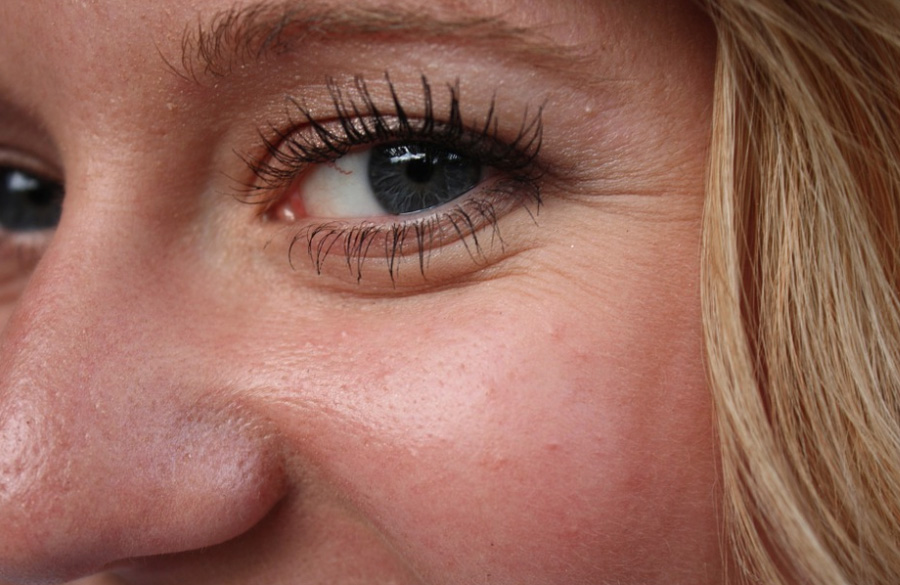
However, manufacturers all too often claim that their products are able to reduce and even rid of wrinkles or slow down the anti-aging process. These are drug claims, says Dr. Frey, “claims that the product can actually change the structure or function of the skin.”
Our two favorite claims are: “Restore the elastin fiber architecture, improving resistance to gravity” and “Clinically proven to change the anatomy of a wrinkle”.
“Claims that an over-the-counter cosmetic can change the skin's structure or function by stimulating the production of collagen, for example, is a drug claim, and in the United States, is an illegal claim”, adds Frey.
2. The Reason You Think It Works
Moisturizers have two components to them. The first is an aesthetic component, how does the product feel on the skin. Does it feel silky, or sticky, or is the smell appealing? It is the consumer's personal preference as to whether they like the feel of a lotion or a thickness of an ointment.
The second component of a moisturizer is how well the product works. Consumers have to rely on the manufacturer and their own personal experience as there is no rating system that reveals the effectiveness of a moisturizer, an anti-aging cream or any other over-the-counter (OTC) skin care product. How much does the product actually increase the water content of the skin? No one really knows.
So how is one happy with the results of an anti-aging product after applying it on her face?
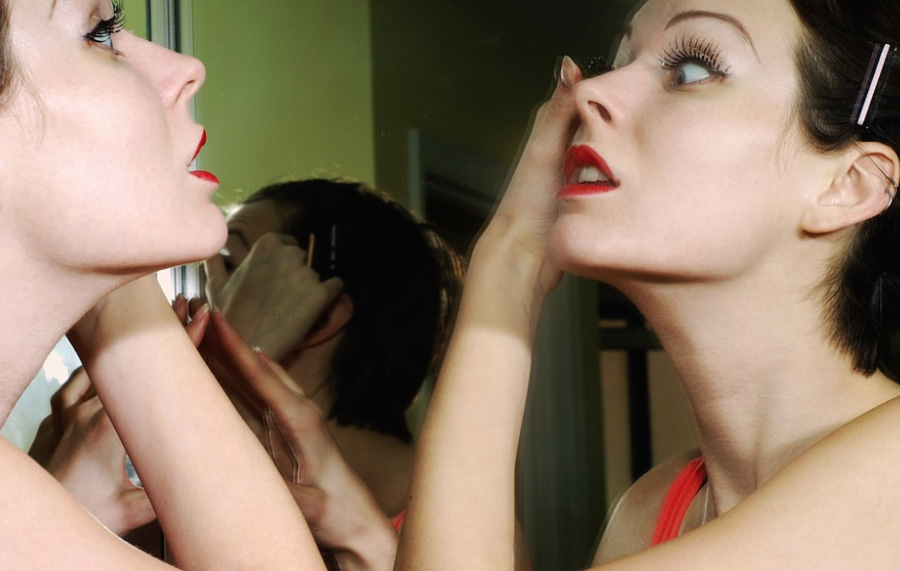
Formulated as moisturizers, “anti-aging” and “anti-wrinkle” creams may increase the water content in the superficial layers of skin and temporarily improve the appearance of the skin. But “it is not possible to moisturize away wrinkles or facial grooves”, says Dr. Frey.
In addition, the heavily-marketed extra ingredients in anti-aging formulas are “mostly vitamins or watered down retinoids, the active ingredient in drugs such as Retin-A”, says Frey. “There is little, if any, scientific evidence proving that these ingredients can actually reverse the intrinsic aging process. Nor is there is any evidence that these “marketing tool” ingredients are more effective than sunscreen.”
3. The Difference Between Expensive Products and Affordable Ones: NONE
There's no reason to think the more costly products have any advantages, although the packaging is usually more elegant.
“Expensive skin care products are not more effective than less expensive ones. There is NO correlation between the cost of a product and its ability to hydrate the skin. An array of affordable moisturizers just as effective as their expensive counterparts are readily available in local drugstores and supermarkets.”
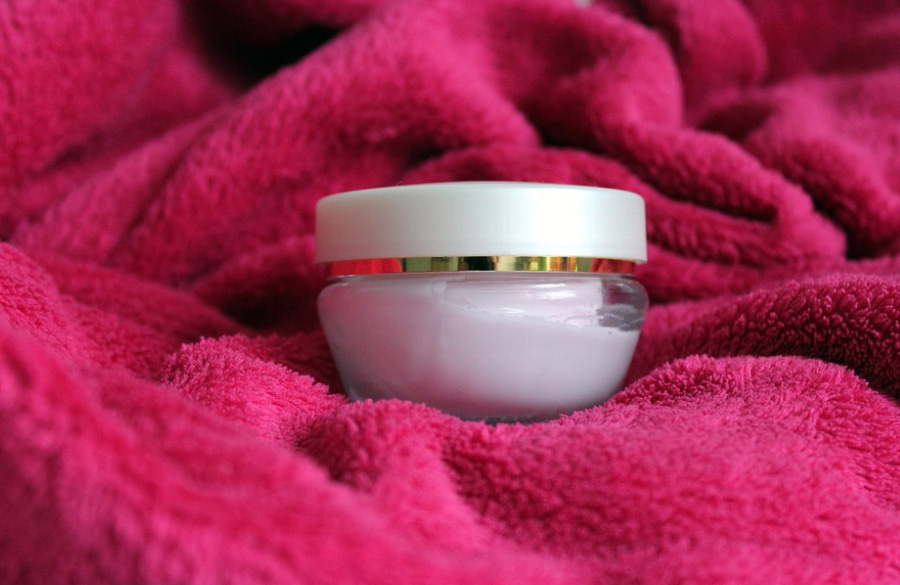
4. Know the Difference Between Drugs and Cosmetics
The majority of over-the-counter (OTC) skin care products are cosmetics. That means that the product has never received FDA pre-market approval, has never proven efficacy or safety. In addition, as a cosmetic, it is illegal in the US for the manufacturer to claim that the product can cure, mitigate, or prevent a disease, or change the function or structure of an organ (in this case, the skin) or it would be classified as a drug and have to get pre-market FDA approval. As a cosmetic, the manufacturer may claim that the product can change the “appearance” of fine lines and wrinkles (by increasing the water content of the skin), but, by law, cannot claim to change the actual structure or function of the skin.”
According to FryFace.com, Dr. Frey's blog, “A skin care product is considered a cosmetic or a drug, depending on its intended use. The U.S. Food and Drug Administration (FDA) defines cosmetics as articles intended to be rubbed, poured, sprinkled, or sprayed on, introduced into, or otherwise applied…for cleansing, beautifying, promoting attractiveness, or altering the appearance.”
“Manufacturers of OTC skin care moisturizers, including eye creams, night creams, firming creams, toning creams, anti- aging creams, anti-wrinkle creams, or rejuvenating serums, cannot claim that their product will change the structure of the skin itself.”
“Moisturizing is a cosmetic claim. A moisturizer that claims to decrease the appearance of fine lines and wrinkles by increasing the water content of skin is considered a cosmetic. Although skin care product manufacturers must follow the laws and regulations that apply to cosmetics, cosmetics do NOT require FDA approval before going to market. Skin care products must not be misbranded or adulterated, but they do not need to PROVE efficacy or safety.”
“Examples of cosmetics are as follows: facial and body moisturizers, including eye creams, night creams, firming creams, toning creams, anti-aging creams, and anti-wrinkle creams; lipsticks, fingernail polishes, and eye & facial makeup preparations.”
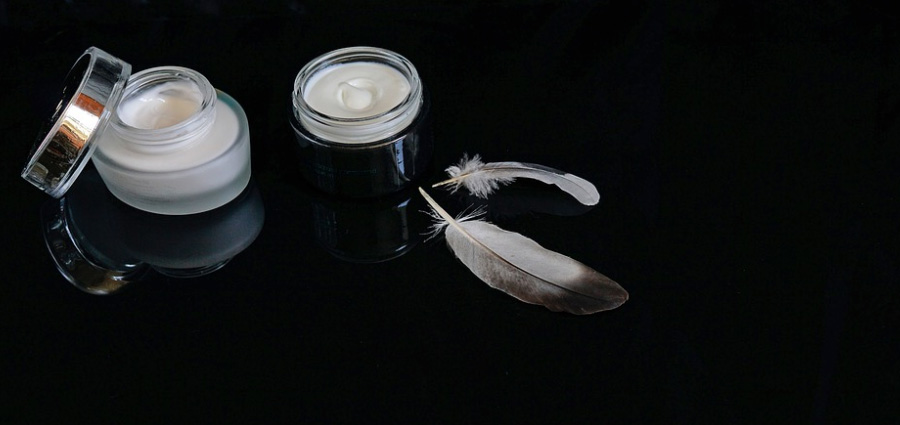
5. Majority of Moisturizers are Formulated with the Same Basic Formula
The overwhelming majority of facial moisturizers, anti-aging creams, toning creams, firming lotions, night creams, eye creams are formulated similarly. Like baking a cake, the basic recipe is similar with similar ingredients (flour, sugar, oil, water, etc.) except sometimes you put in apples and sometimes pumpkin.
“The majority of cosmetic moisturizers are water-based, include occlusives, which are substances that trap water in the skin and prevent it from evaporating; humectants, which act as a sponge and draw water into the skin; emulsifiers, which keep the oil and water components of the product from separating; a preservative; thickener; and fragrance. The formulation may include a “marketing tool” ingredient, almost always named near the very end of the ingredient listing. With very little evidence-based science showing the efficacy of these ingredients, I feel they are added to enhance sales and to distinguish the “anti-aging” products from one another. These ingredients might include retinol, collagen, hyaluronic acid, or one of many antioxidants. Ironically, these sales enhancing ingredients are probably the least important aspect of the formulation.”
Moisturizers marketed as firming creams, toning creams, eye creams and night reams are also similarly formulated.
Look at the formulation of the majority of night creams and you will see the same pattern: water-based, humectants, occlusives, emollients, emulsifiers, preservatives, perhaps more thickener, and fragrance. “Ingredients don't know what time of day it is”, says Frey.
“Eye” creams don't contain any special ingredient that is specific to the eye area. Once again, the overwhelming majority of ingredients used to formulate an eye cream is identical to those used in most facial moisturizers. And those “marketing tool” ingredients, like caffeine, that claim to eliminate under eye puffiness, well, there's little, if any scientific evidence proving their efficacy.
Remember, if that eye cream was really intended to change the structure of the skin around the eye, it would be a drug and have to get FDA pre-market approval, prove efficacy and safety.
“I've talked to formulation experts, cosmetic chemists, and chemical engineers, and asked them what ingredients they use specifically for eye cream and they are at a loss for words. If you can't put the same product you'd use on your cheeks under your eyes, then you shouldn't be putting that product on your face”, concludes Frey.
Suggested Read: Top 5 Anti-Wrinkle Products
6. The Fear of Losing Advertisers Make Publishers Avoid Exposing the Truth
This is very simple. Health and cosmetics-based publications rely on advertisers for their long-term success. Printing costs, advertising costs and distribution costs are high.
Offending advertisers could mean disaster for a health or beauty magazine's bottom line, especially in this day and age, when many consumers are flocking to social media, like Instagram. Beauty magazines won't sell if they fill their magazines with articles about how skin care products don't really work.
7. The Experts and Their Financial Interests: The Best Skin Care Products Reviews Are Often Bias
There is little if any data for the majority of OTC skin care products on the market and very little interest from any financial backers to perform double blinded placebo controlled studies of these products, the gold standard research method for science.
“Most products are touted by self-proclaimed skin care experts who often have a financial interest in selling the product”, continues Frey.
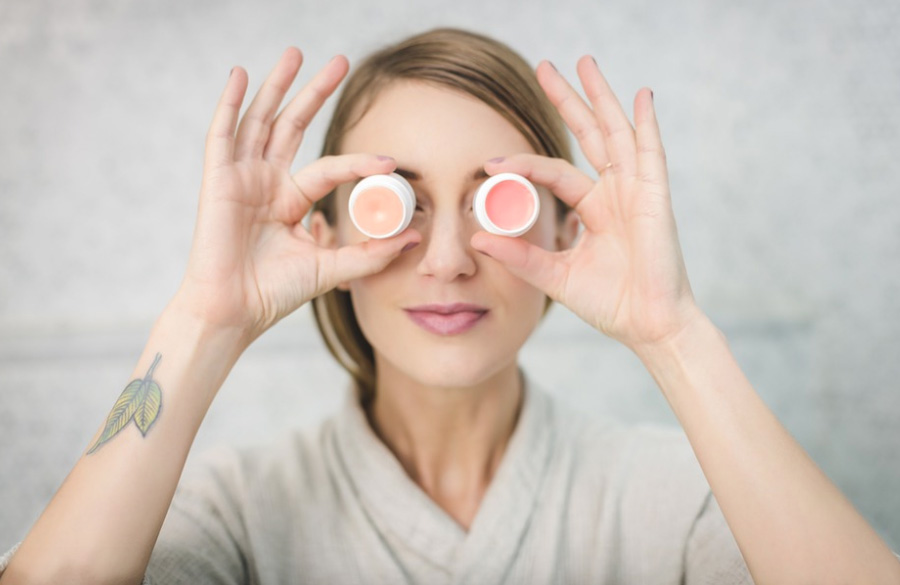
“I spoke with an FDA compliance officer who told me the biggest problem they have with the beauty industry is fraud. But due to their limited resources, it is an uphill climb. Who has been victimized by this scam? Almost every women over the age of 18!”
The FDA does attempt to regulate the industry and does send warning letters to many skin care companies for making fraudulent drug claims while marketing their cosmetic skin care products. For example, here are a few warning letters.
Update: Because many people have asked us in the last 24 hours about the legitimacy of celebrity endorsements, we are working on a new article on that topic. Meanwhile, watch the video below to see a celebrity endorsement scam exposed on Dr. Phil show:
Celebrity Endorsement Scam Exposed Video
Conclusion: The Fantasy of a Magic Skin Care Potion
There is no magic skin care product out there, but there is a product that can help, suggests Frey: sunscreen. Sunscreen is the most effective “anti-aging” product on the market, bar none. You're never too old to start using it.
“The overwhelming majority of changes to skin we associate with aging is due to the damage caused by the sun's ultraviolet rays. Overall, good habits go a long way: Eat a healthful diet; get adequate sleep; exercise; don't smoke; follow a simple regimen using a mild cleanser, moisturizer, and sunscreen with SPF 30 or higher; and skip the exfoliating!”
“Most dermatologists agree that the best anti-aging product available on the market today is sunscreen. Protecting the skin from harmful rays during the day with the application of broad-spectrum sunscreen with an SPF of 30 or higher and sun avoidance is most beneficial in fighting skin aging. Also, applying a daily moisturizer hydrates the skin giving it a more youthful appearance.”
One last thing that Dr. Frey leaves us with is that: “Skin care products containing Natural ingredients are not safer and more effective. Natural ingredients include herbs, oils, roots, and flowers from plants. These botanically derived ingredients are not incorporated into skin care products in their natural state. Neither crushed up leaves nor pressed mushrooms can dissolve adequately into a skin care product. To be compounded into moisturizers they must be processed and chemically modified thereby losing their original natural form. There is little scientific evidence that applying products containing plants extracts is beneficial.”
Fayne Frey, MD, is a board certified dermatologist and founder of the educational skin care website FryFace.com. Her blog, FullyExposed, offers interesting and helpful skin care information in more detail. She has created an easy-to-use Product Selector that simplifies the selection of over-the-counter moisturizers, cleansers and sunscreen.
Click below to see what product is right for you:
Skin Care Scams: How To Report Them
Let your friends know about any questionable products by exposing them in the Comments section at the end of the article. You can also officially report the scammers to the Federal Trade Commission using the link below:
Recommended Reads
Kate Middleton Skin Care Product
Verify a website below
Are you just about to make a purchase online? See if the website is legit with our validator:
vldtr®


TOP 4 MUST-WATCH FRAUD PREVENTION VIDEOS
1. Top 5 Amazon Scams in 2024 2. Top 5 PayPal Scams in 2024 3. How To Spot a Scam Email in 2024
- Latest Posts by Selma Hrynchuk
-
Compromised Credit Card Scam
- -
Fake Google Chrome Update
- -
Facebook Privacy Notice Hoax
- All Posts

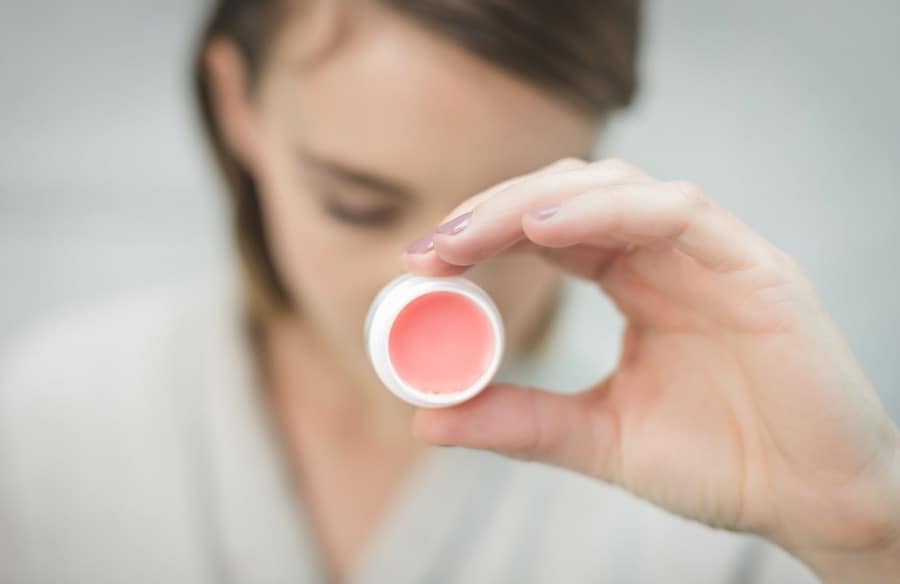












I just threw out all my makeup, hair products and skin care stuff. Thank you for the wake up call. I will grow old gracefully with sunscreen and feel sorry for all those women wearing makeup. I do not see beauty in makeup and skincare anymore. I see a female being ripped off and poisoned and an industry with humans that are leeches.
Received email for sample of skin care paying only shipping $6.95. Received 4-piece sample & was trying. In less than a month received another shipment I hadn’t requested. Then another shipment of two pieces! In meantime, got credit card statement showing name for the 2 pieces of SWOOTYCREAM $96.90 & SWOOTYSERUM $94.98. Return addresses in FL. Third address different from first sample shipment. Contacted credit card. They r starting a claim. Am returning all 3 & will furnish tracking info 2 VISA so I won’t charged for 3rd shipment I didn’t request. Have ordered online for years. This is first time have had problem. Used enuf of sample to find is no good or am allergic to it. Is distributed by PURE FACE SKINCARE. They do warn "If signs of irritation or rash, stop using" (duh!).
Some questions for dr. Frey: what do you think of korean skin care products? Also, the article is talking about questionable celebrity endorsements. which one of these is fake (been considering them for a long time): Dr Oz face cream, Borealis, christie brinkley skin care, Kelly Ripa, Cindy Crawford skin care cream? On the same token, what’s your take on websites like Paula’s choice reviews, Skinn cosmetics reviews or Neostrata? Reviews from websites that we could trust i mean. Others are Clean and Clear reviews or Origins Skin Care reviews.